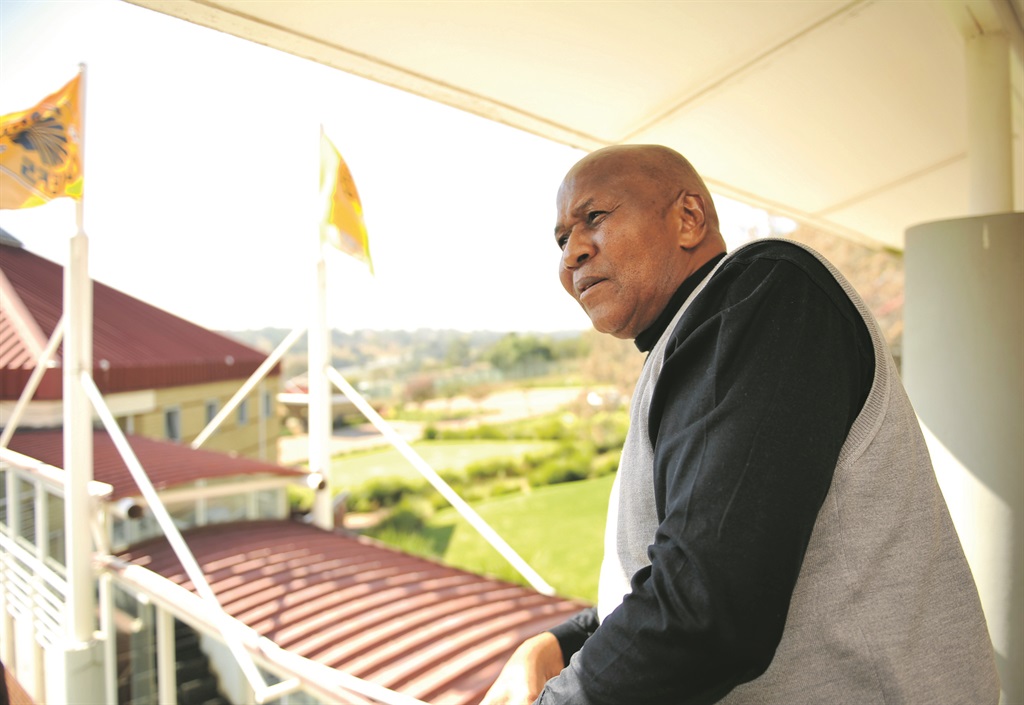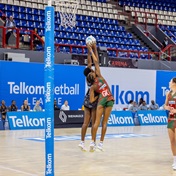
This Youth Month, SA commemorated 40 years since the student uprisings on June 16 1976. Kaizer Chiefs boss Kaizer Motaung took S’Busiso Mseleku through how these events changed the course of his club, and he shares his vision for the future.
June 1976
“As a resident of Soweto [Kaizer Motaung stayed in Orlando West’s posh area called Beverly Hills, a stone’s throw from the famous Vilakazi Street], it is a memory that I can never forget as it happened right in front of my eyes.
I can’t say I saw the events of June 16 coming, but the atmosphere had been very tense.
Kaizer Chiefs was hit very hard as we lost our captain, Ariel ‘Pro’ Kgongoane [who was hit by a stray bullet]; one of our founders, Bra Ewert Nene; and I also lost my brother, Solomon ‘Bisto’ Motaung. I had lost my father three years earlier in 1973.
We were forced to move our home games to KwaThema [in Springs] as there was no stability in Soweto.
We can easily say that was the worst year ever for the club, but we soldiered on. Thank God we survived.
I’m a great believer that everything has a purpose and this was part of the aspirations of the entire country for a free society.”
Politics
“Clubs are part of the community and cannot be insulated from what happens there. We were quite active and committed to the cause, but couldn’t do it openly.
We assisted some guys with transport and funding to skip the border and travel to neighbouring countries such as Lesotho, Botswana and Swaziland.
One of them was our player Trinity Zokwe.
We used to hold meetings at the Orlando Stadium under the guise of ‘football meetings’. Mr Mphahlele, who was the stadium caretaker, hosted a number of meetings at his house on the premises. Among the guys who attended those meetings was the late Jackie Selebi.
Some guys even met at the stadium during and after games to discuss strategies and plot their next move.
Other guys, such as Joe Sibanyoni, skipped the country and I later bumped into him in Zambia.”
Youth: 1976 vs today
“The youth of 1976 must be commended for putting their lives on the line. I don’t know what would have happened or where the country would be had they not taken matters into their own hands.
Those remaining from that generation must be treated with respect.
It breaks my heart to see schools being burnt down during protests these days. Just as you can’t drink poison and expect to live, burning down schools will set the nation back a number of years.”
Determination
“There were times when I thought of staying on permanently in the US when I played there.
There were a number of hurtful things happening in the country. If you were black, the view was that if you had money, you had got it through some nefarious business.
One of the most embarrassing experiences for me happened in the 80s. I was stopped at a roadblock in Diepkloof while travelling with my then very young son, Kaizer Motaung Jr.
The police pulled me over and ordered me out of the car. They asked whose car it was I was driving. When I said it was mine, they asked where I got the money from to buy it.
They made me put my hands on the car roof while they searched me all over.
When we got home, my son asked me why I had allowed ‘those white men to put their hands’ all over me.
However, the determination, discipline and hope that things would work out one day made me stay in the country.”
Success
“Life is about challenges, but if you invest time, effort and patience, you will succeed. Nothing in life comes easily. I looked up to players like Pelé and others who had succeeded against all odds, and I persisted.
It is also important to surround yourself with the right people and I wouldn’t have made it by myself.”
The road to Kaizer Chiefs City
“After being nomads for a long time, moving from Soweto to town and then the suburbs, we decided to buy a piece of land in Naturena.
It was just one property where we first built offices and two training grounds. We later added a shop, canteen and a high-performance centre.
We have since bought the other three properties around this place, added three training grounds, change rooms plus accommodation for our development players and junior teams. The next phase will include a hotel.
The current value of this village that will soon be known as Kaizer Chiefs City is R60 million.
In a few months’ time, we will launch the Kaizer Chiefs Foundation, through which we will forge more solid relationships with our supporters and our former foreign players.”




 Publications
Publications
 Partners
Partners








